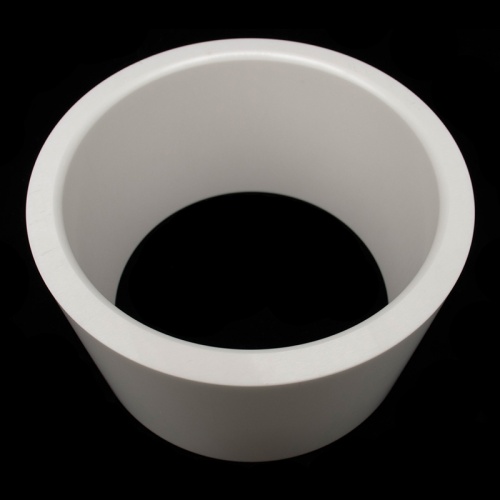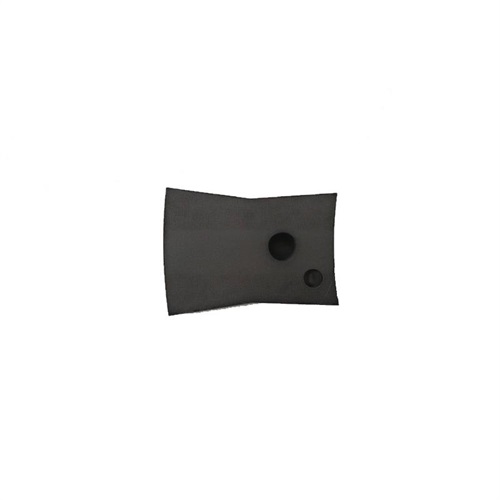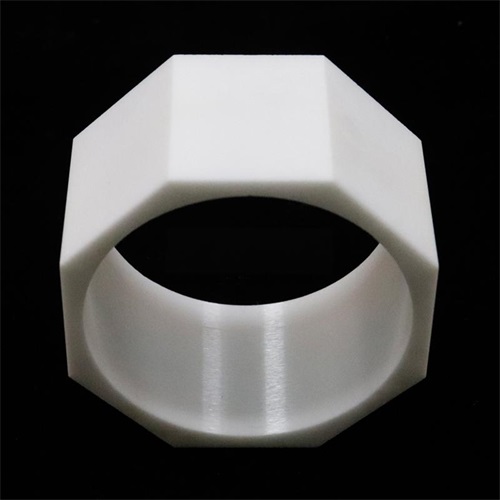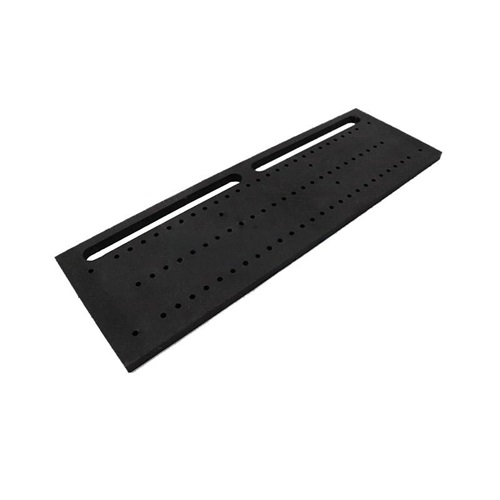What are the applications of Macor ceramics in medical equipment
Macor ceramic (also known as machinable ceramic) is a high-performance engineering ceramic material developed by Corning in the United States. It combines the excellent properties of ceramics, such as high temperature resistance, corrosion resistance, and good insulation, with machinability similar to metals, making it widely used in the field of medical equipment.

Characteristics of Macor ceramics
Before discussing its application, let’s first understand the core characteristics of Macor ceramics:
-Excellent biocompatibility: suitable for medical devices that are implanted or come into contact with the human body for a long time.
-High mechanical strength: wear-resistant, impact resistant, suitable for precision instruments.
-High temperature resistance: capable of withstanding temperatures up to 1000 ° C, suitable for sterilization environments.
-Electrical insulation: suitable for electronic medical equipment to prevent current leakage.
-Chemical stability: acid and alkali resistant, corrosion-resistant, suitable for body fluid environments.
-Precision machining: It can use ordinary metal processing tools for turning, drilling, milling, etc., reducing manufacturing costs.
These characteristics make Macor ceramics one of the ideal materials for the medical industry.

The main applications of Macor ceramics in medical equipment
Surgical instruments and implants
(1) Surgical tools
Macor ceramics can be used to manufacture high-precision surgical instruments, such as:
-Electrosurgical instruments: Due to their good insulation, they can prevent current from being transmitted to non target tissues.
-Minimally invasive surgical instruments, such as endoscope components and biopsy forceps, are lightweight and corrosion-resistant.
(2) Orthopedic and dental implants
-Bone repair material: Macor ceramics can be used to make artificial bone and joint components due to their excellent biocompatibility and no rejection reaction.
-Dental implants: used for making dental restorations, implant abutments, etc., wear-resistant and do not affect imaging examinations (such as X-rays MRI)。
Medical imaging equipment
(1) X-ray equipment
The high insulation and low X-ray absorption of Macor ceramics make them suitable for:
-X-ray tube assembly
-Radiation shielding components
(2) MRI (Magnetic Resonance Imaging) equipment
-Due to the non-magnetic nature of Macor ceramics, they can be used to manufacture MRI equipment brackets, fixtures, etc., avoiding metal interference.
Laboratory and diagnostic equipment
-PCR instrument (polymerase chain reaction instrument): Its high temperature resistance makes it suitable for thermal cycling components.
-Centrifuge components: High mechanical strength can withstand high-speed rotation.
-Laboratory fixtures and brackets: resistant to chemical corrosion and suitable for strong acid and alkali environments.
Electronic medical equipment
-Pacemaker casing: Insulated and biocompatible, protecting internal circuits.
-Neural stimulation electrode: can be used for long-term implantable medical electronic devices.

What medical industry problems can Macor ceramics solve?
Metal allergy or rejection reaction: Good biocompatibility, will not cause immune response
High temperature sterilization requirements: resistant to high temperatures and capable of repeated high-pressure sterilization
High precision machining cost: can be directly processed with CNC machine tools, reducing manufacturing costs
Imaging equipment interference: non-magnetic, does not affect MRI/X-ray imaging
Chemical corrosion problem: acid and alkali resistant, suitable for disinfectant and body fluid environments

Macor ceramics play an important role in the field of medical equipment due to their unique performance combination (biocompatibility, high temperature resistance, processability, insulation, etc.). Whether it’s surgical instruments, implants, imaging devices, or electronic medical products, Macor ceramics can provide reliable solutions while reducing manufacturing costs and improving device safety.
Brudeze Ceramics supplies and sells a wide range of high-quality quartz glass, including alumina ceramics, zirconia ceramics, silicon nitride ceramics, aluminum nitride ceramics, silicon carbide ceramics, boron carbide ceramics, bioceramics, machinable ceramics, etc. We can meet the customization requirements of various ceramic products.
PREVIOUS:What are the methods for polishing ceramic surfaces that Macor can process
NEXT:What are the differences between Macor machinable ceramics and traditional ceramics
CATEGORIES
LATEST NEWS
- Performance advantages of p...
- Petrochemical ceramic injec...
- Zirconia Ceramic Rod Custom...
- High-temperature resistance...
- What is the wear resistance...
- What is the hardness of cer...
- Aluminum oxide ceramic cust...
- What are the main aspects o...
- What are the mechanical pro...
- Thermal properties of zirco...
